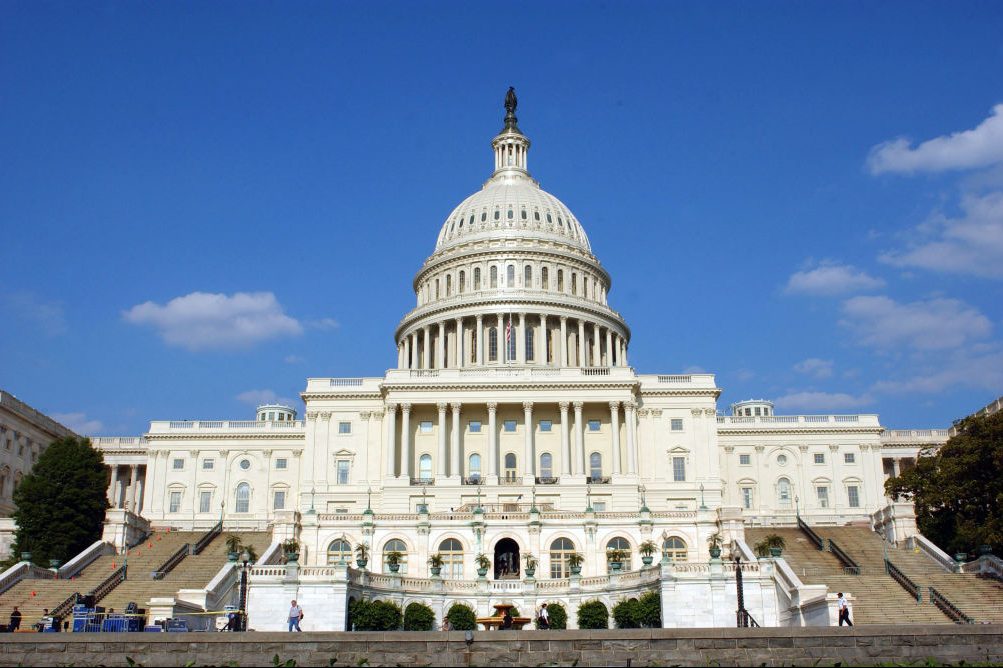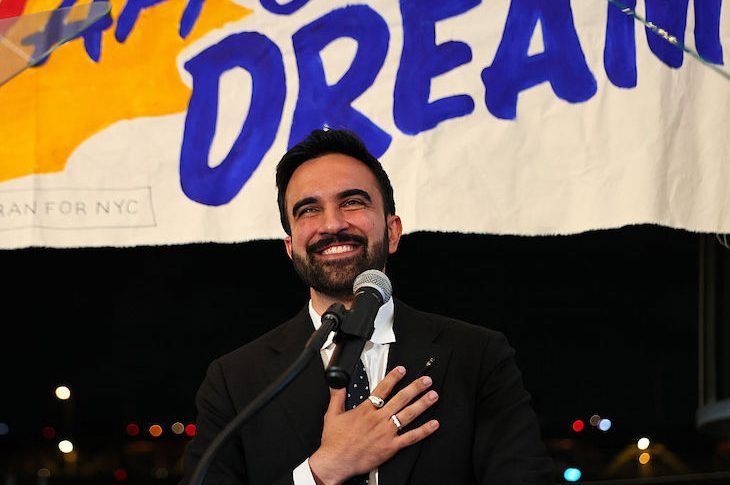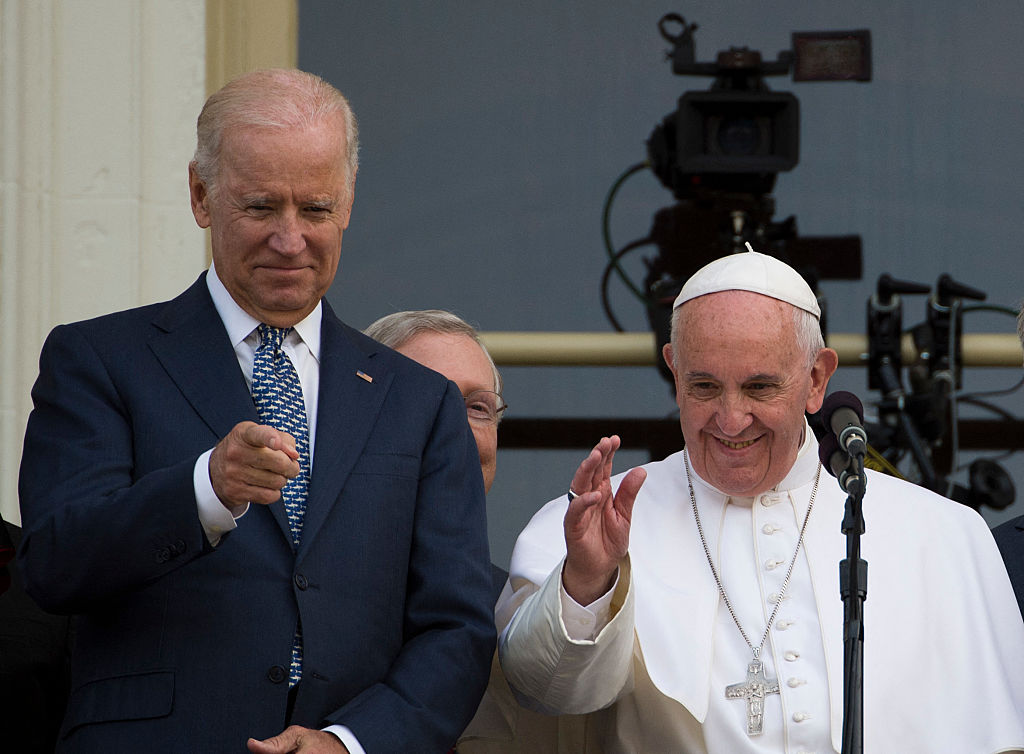Is the United States a one-party state? Surely not. Just look at the ballots the next time you vote. There are nearly always Republican as well as Democratic candidates, and often there are candidates from other parties as well (Green, Working Families, Libertarian, etc.).
But when you go beyond the labels, what do you find? Tucker Carlson, a recent victim of the uniparty monopoly, put it very well. “Suddenly, the United States looks very much like a one-party state,” he said in a post-Fox video. “That’s a depressing realization,” he added. “But it’s not permanent.”
I think he is right about both things: the depressing reality that the United States looks more and more like a one-party state and the fact that the situation is not, at least not necessarily, permanent. Every honest person understands that conservatives are allowed to take office but not allowed to take power in the United States.
The reasons for that are complicated and I don’t propose to go into them here. Someplace I have nattered on about how our system is really a one-and-half party system, with Democrats ruling and Republicans tagging along to provide cover for the dominant consensus.
I think that is true, but the political situation in the United States has gone far beyond the semi-decorous strictures of that earlier dispensation. To understand where we are now, we probably have to reach far back in time.
At the end of Book VI of his history of Rome from the first through the third Punic wars, Polybius, an eyewitness to the destruction of Carthage in 146 BC, steps back to reflect on the course of Empire. All things, he writes, are subject to change and decay, natural things but also states. When Polybius wrote, the Roman Republic was at an apogee of power and influence. Not only Carthage but also Corinth, the chief power in the Greek world, were destroyed in that fateful year of 146. What was to come next? “What will happen,” he writes, “is evident.”
When a state has weathered many great perils and subsequently attains to supremacy and uncontested sovereignty, it is evident that under the influence of long-established prosperity, life becomes more extravagant and the citizens more fierce in their rivalry regarding office and other objects than they ought to be.
Sound familiar? “As these defects go on increasing,” Polybius writes, “the causes of the deterioration will be lust for power combined with contempt for political obscurity, and personal ostentation and extravagance. It will be called a democratic revolution, however, because the time will come when the people will feel abused by some politicians’ self-seeking ambition, and will have been flattered into vain hopes by others’ lust for power.”
Polybius thought that Rome’s very success bred the impulses that, over time, destroyed the Republic, substituting talk about freedom and democracy for the real things, which would have been eclipsed partly from the unbridled ambition of individuals, partly from the hollowing-out of institutions that had been co-opted and perverted.
A hundred years later, in book five of his Republic (only fragments of which survive), Cicero looked back from the ruins of a polity that disintegrated just as Polybius warned it would. His starting point is a line from the poet Ennius: “On ancient customs and old-fashioned men, the state of Rome stands firm.” Those ancient customs and old-fashioned men might once have formed the backbone of the Republic. But their day had come and gone.
The compactness and truth of that line are such that the poet who uttered it must, I think, have been prompted by an oracle. For neither the men on their own (in a state which lacked such a moral tradition) nor the state on its own (without such men in charge) could have founded or long maintained so great and wide-ranging an empire. “Long before living memory, our ancestral way of life produced outstanding men, and those excellent men preserved the old way of life and the institutions of their forefathers.”
But that was then. Cicero writes, “after inheriting our political organization like a magnificent picture now fading with age, not only neglecting to restore its original colors, we did not even bother to ensure that it retained its basic form and, as it were, its faintest outlines.”
Anyone who reflects on what has happened to the American government, which was born with a commitment to individual liberty and a fierce commitment to limiting the size and intrusiveness of government, will look around at what has become of the American experiment and see the attenuations Cicero warned about everywhere in evidence. “What remains of those ancient customs on which the state of Rome stood firm?” he asked, “We see them so ruined by neglect that not only do they go unobserved, they are no longer known. And what shall I say of the men? It is the lack of such men that has led to the disappearance of those customs.”
Living at a time when the regulatory state makes puppets of us all, when a national secret police, aka the FBI, quietly terrorizes ordinary citizens and a huge surveillance apparatus watches over them, we too are living posthumous lives amid the shells of the institutions that once animated our political life. “Of this great tragedy,” Cicero wrote, “we are not only bound to give a description; we must somehow defend ourselves as if we were arraigned on a capital charge. For it is not by some accident — no, it is because of our own moral failings — that we are left with the name of the Republic, having long since lost its substance.”
This article is taken from The Spectator’s June 2023 World edition.

























